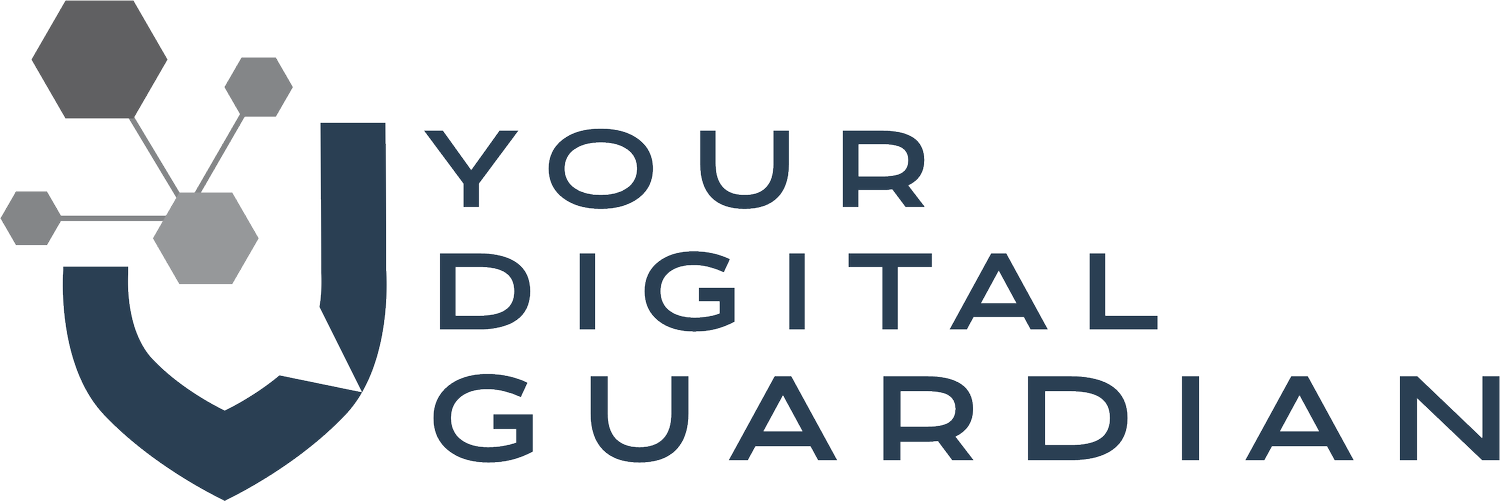Your Social Media Account Has Been Compromised. Now What?
Steps You Need to Take to Protect Your Accounts and Digital Reputation
We’ve all seen those messages on social media: “Don’t accept a friend request from me - my account has been hacked.”
Was that person’s account actually “hacked” though?
Hacking vs. Cloning
Hacking refers to the unauthorized access or manipulation of someone's computer system or account. Hackers may use a variety of techniques to gain access to an account, such as guessing a weak password, exploiting vulnerabilities in software, or using social engineering tactics to trick the user into giving them access. Once they have gained access to an account, hackers may use it to steal sensitive information, spread malware, or engage in other malicious activities.
Cloning, however, refers to the creation of a duplicate account on a social media platform that is designed to mimic an existing account. This is typically done by copying the profile information, profile picture, and often the content from the original account. The purpose of cloning is usually to trick people into thinking that the cloned account is the real one, in order to obtain sensitive information, money or other info from your friends, gain access to accounts, or to spread misinformation.
How to Tell the Difference
Search for yourself on the platform where you feel your account has been compromised. If you find an account with your name (or similar) plus YOUR profile picture, and your friends list - chances are you’ve been CLONED, not hacked.
When you’ve been hacked - the hacker IS INSIDE your account (and there’s no tell-tale sign that will automatically give it away) - they have hacked your account to try and enact scams. To tell is this is the case, review all your posts and messages and make sure that you were the one who sent/posted them. You can also look to see if your birthday or name has changed (even just a little bit). Once your account is hacked, it may be too late to take action.
Steps to Take
Passwords: First of all, if your account has been cloned - changing your password will NOT work. The person who cloned your account has made a separate account and isn’t using YOUR password. That said, it’s ALWAYS a good idea to have strong and unique passwords for ALL your accounts and change them from time to time. If your account was hacked, and the hacker hasn’t already changed your password, them immediately change it (make sure it’s at least 15 characters with letters, numbers, and symbols - even better: use a PASSWORD MANAGER to auto-generate random strong and unique passwords for ALL your accounts).
MFA: Enable Multi-Factor Authentication (MFA) to add an extra layer of security for all your accounts (it will require a code be sent to your phone or email address when you or someone else tries to login to your accounts - which makes it more difficult for hackers to take over your accounts.
Suspicious Activity: Check your account for any kind of suspicious activity (posts or messages you didn’t create, changes to your account settings).
Report & Alert: If you know your account was compromised, let your friends know NOT to accept friend requests from someone that appears to be you. In addition, report the incident to the platform - social media platforms have a way for you to report that your account was cloned or hacked. Follow the steps provided by the platform.
Click the links below for instructions on various social media apps:
Facebook Messenger Instagram Snapchat TikTok Twitter
Review Your Account Settings: Check your privacy settings and make sure only your friends can see your posts and personal information. Look to see if any unfamiliar devices or locations have been logged in to your account - if so, log out of those devices and change your password.
Watch Your Personal Info: If your account was hacked, your personal information may have been compromised. Keep an eye on your accounts and credit reports for unusual activity.
Final Thoughts
The key here is protecting yourself and your digital reputation. To do that you must practice good digital hygiene and stay vigilant about making sure that you’ve done all you can to keep your accounts and your digital footprint safe and secure. Need help??? CLICK HERE to grab my free digital hygiene guide and get your digital life in order.

